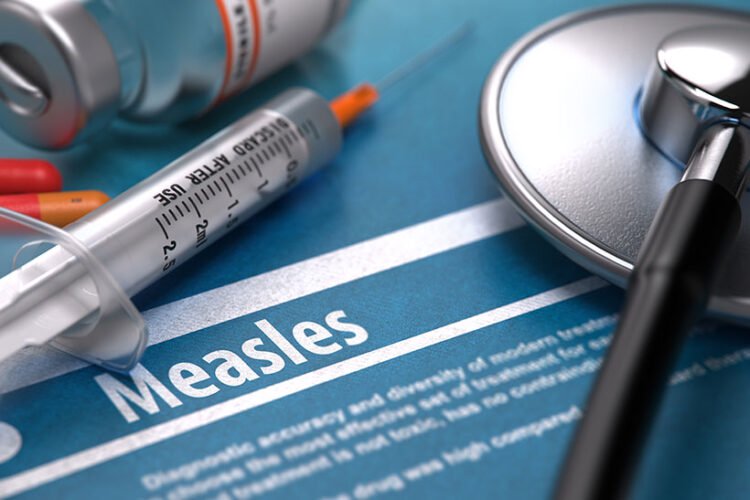PTSD stands for post traumatic stress disorder. While this diagnosis is commonly associated with men who return home from war, there are many other causes of PTSD, occurring in males and females at any age. There are many things to learn about this mental health condition and we can all educate ourselves to help those around us who may be suffering.
What is PTSD?
Post traumatic stress disorder is a mental health disorder that is diagnosed one month after experiencing or seeing a traumatic event. While a more normal response to a traumatic event lasts temporarily, someone with PTSD with have ongoing, long term psychological effects.
Examples of events that cause PTSD:
- Sexual or Physical Assault
- Child & Domestic Abuse
- Warfare & Torture
- Military Combat
- Natural Disaster
- Serious Accidents
- The Loss of a Child
- Battling Serious Health Problems
Who gets PTSD?
This disorder can develop at any age by anyone who has been exposed to trauma. Risk factors present that increase one’s likelihood of developing PTSD include experiencing one of the traumatic events listed, being male, genetic presence of mental health problems, or lack of support from friends and family to handle depression and anxiety.
What are some symptoms of PTSD?
Symptoms are categorized into:
Re-experiencing symptoms
- Flashbacks
- Recurring memories or dreams
- Distressing thoughts
- Physical signs of stress
Avoidance symptoms
- Avoiding places, events or objects that serve as reminders
- Avoiding thoughts or feelings related to the traumatic event
Arousal and reactivity symptoms
- Being easily startled or “on edge”
- Difficulty concentrating, falling asleep, staying awake
- Irritability, anger or aggression
- Engaging in risky, reckless or destructive behavior
Cognition and mood symptoms
- Trouble remembering details of traumatic event
- Negative thoughts about oneself or the world
- Distorted thoughts, ongoing negative emotions
- Loss of interest or self isolation
- Difficulty feeling positive emotions
How does a person get diagnosed with PTSD?
A comprehensive medical evaluation is necessary to diagnoses post traumatic stress disorder as the symptoms often co-exist with other conditions such as substance use disorder, depression and anxiety.
What does PTSD do to a person?
This disease causes improper processing of memories that can leads to fear and anxiety. The hippocampus is responsible for memory and emotions and its malfunction can be responsible for the inability to overcome the fear response.
Four Stages of Post Traumatic Stress Disorder
During the recovery journey, these phases are fluid and a person can move through each phase in no specific order while symptoms come and go.
Impact Phase- initial reactions such as shock, fear and guilt
Rescue Phase- the affected individual begins to come to terms with what has happened
Intermediate Recovery Phase- characterized by one’s adjusting to normal life again
Long-Term Reconstruction Phase- all about rebuilding and continuing to deal with the aftermath of the trauma
Treatment for Post Traumatic Stress Disorder
There is no cure for PTSD however it can be managed. The integration of psychotherapy (cognitive processing or group therapy), medications and self-management strategies (self-soothing and mindfulness) can help with the treatment and management of this debilitating condition. Service animals are also used to help soothe the psychological imbalances that are present when dealing with PTSD.
PTSD Statistics
- About 8 million adults have PTSD during a given year.
- ~ 6 in 10 men and 5 in 10 women experience at least one trauma in their lives.
- Women are more likely to experience sexual assault and child sexual abuse.
- Men are more likely to experience accidents, physical abuse, combat, disaster, or to witness death or injury.
American Online Benefits Group offers plans that include access to psychological services in the event the member is suffering from PTSD. Please contact our agent or member services to receive more information at 214-389-9072. In the event of an emergency, contact 911.




